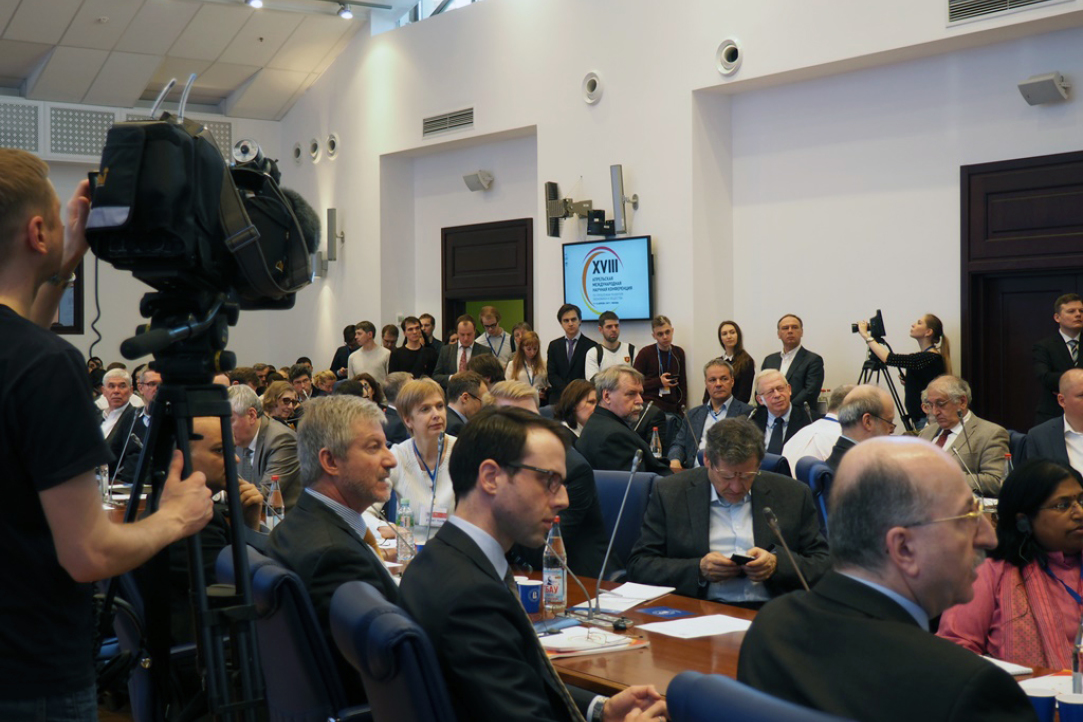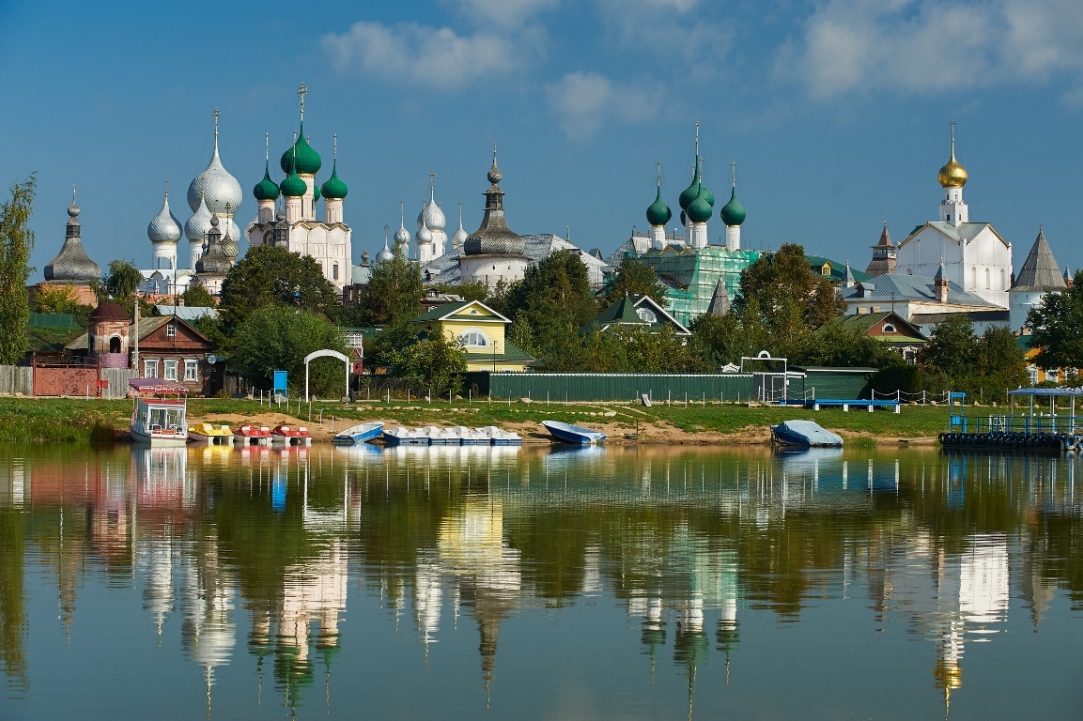
April Conference Discusses Strategic Areas of Russia’s Development
The XVIII April International Academic Conference has kicked off at Higher School of Economics (HSE). This major event includes expert discussions on the strategic problems facing Russia’s economic and social development. Representatives of the Russian Government will take part in the debates.
‘By Observing Best Educational Practices at the International Level, Schools and Universities Can Improve Efficiency’
Tommaso Agasisti, Associate Professor at the Politecnico di Milano School of Management, researches management and economics of the public sector and teaches business administration, accounting, and control & performance management. In an interview with the HSE News Service ahead of his presentation at the XVIII April International Academic Conference on Economic and Social Development, he spoke about his recent research and the importance of taking a multi-country perspective to today’s questions of education reform.
XVIII April Conference to Discuss ‘Hidden Champions’, Building Social Networks, and the Economics of Sport
From April 11 to 14, HSE is holding its XVIII April International Academic Conference on Economic and Social Development. Conference Programme Committee members Fuad Alekserov and Andrei Yakovlev discuss the key themes and main reports that will be presented at the conference. This conference will draw around 2,000 people, including 200 international participants.
International Experience in Education and Human Capital Growth
On April 11, Brian McCall, Professor of Education, Economics and Public Policy at the University of Michigan, Ann Arbor, will present at the XVIII April International Academic Conference on Economic and Social Development in a section entitled ‘Evaluation of reforms in education’. Prof. McCall’s research has covered the economics of education, education inequality, and other topics. He spoke with the HSE News Service ahead of his presentation about his research and the trends he currently sees internationally.
HSE Research Teams to Receive Russian Science Foundation Grants in 2017
The Russian Science Foundation has announced winners of its latest grant competition to support basic scientific research and exploratory scientific research conducted by research teams.

Values Evolution: East Still to Catch Up with West
Since World War II, people in many countries have enjoyed a better sense of wellbeing, which has resulted in survival values giving way to emancipation values. Threats no longer lurk at every turn, and each new generation sees more opportunities and fewer barriers to empowerment. The book Freedom Rising by LCCR Chief Research Fellow Christian Welzel offers some ideas on how widespread this process is, whether it is irreversible and where human emancipation can lead.
Exploring New Approaches to Higher Education in Russia
Martha C. Merrill, Associate Professor of Higher Education at Kent State University (USA), will present at the upcoming XVIII April International Academic Conference on Economic and Social Development during a section entitled ‘Education in Russia and CIS countries through the prism of global trends’. She spoke with the HSE News Service ahead of the conference about her extensive research on both Russian higher education and comparative research that she has undertaken in Central Asia.
Analysing BRICS Media and Creative Industries
On April 11, Dr Daya Thussu, Professor of International Communication and Co-Director of India Media Centre at the Communication and Media Research Institute (University of Westminster) will speak at the XVIII April International Academic Conference on Economic and Social Development. His presentation, entitled ‘Creative industries in BRICS nations and glocalization of content’, is part of a panel session on Global corporations and local media content producers on newly emerging markets: technological and creative aspects. In addition to his academic role at the University of Westminster, he serves as the Managing Editor of the journal ‘Global Media and Communication’.

What Russians Tell Tourists about their Towns
Residents of provincial Russian towns put it differently when talking about their towns to Muscovites, foreigners, and tourists from other Russian regions. Such an ‘individual approach’ is spontaneous and may be useful in creating city tourist brands, concluded Nadezhda Radina as a result of her experiment, which involved over 800 residents of Russian provinces.

Can Nicotine Help to Treat Schizophrenia?
Several studies have indicated that schizophrenic patients are likely to show high levels of nicotine dependence. Scientists from Higher School of Economics (HSE), Institut Pasteur, the CNRS, Inserm and the ENS employed a mouse model to elucidate how nicotine influences cells in the prefrontal cortex. They visualized how nicotine has a direct impact on the restoration of normal activity in nerve cells (neurons) involved in psychiatric disorders such as schizophrenia. These findings were published in a paper that appeared in the journal Nature Medicine.

